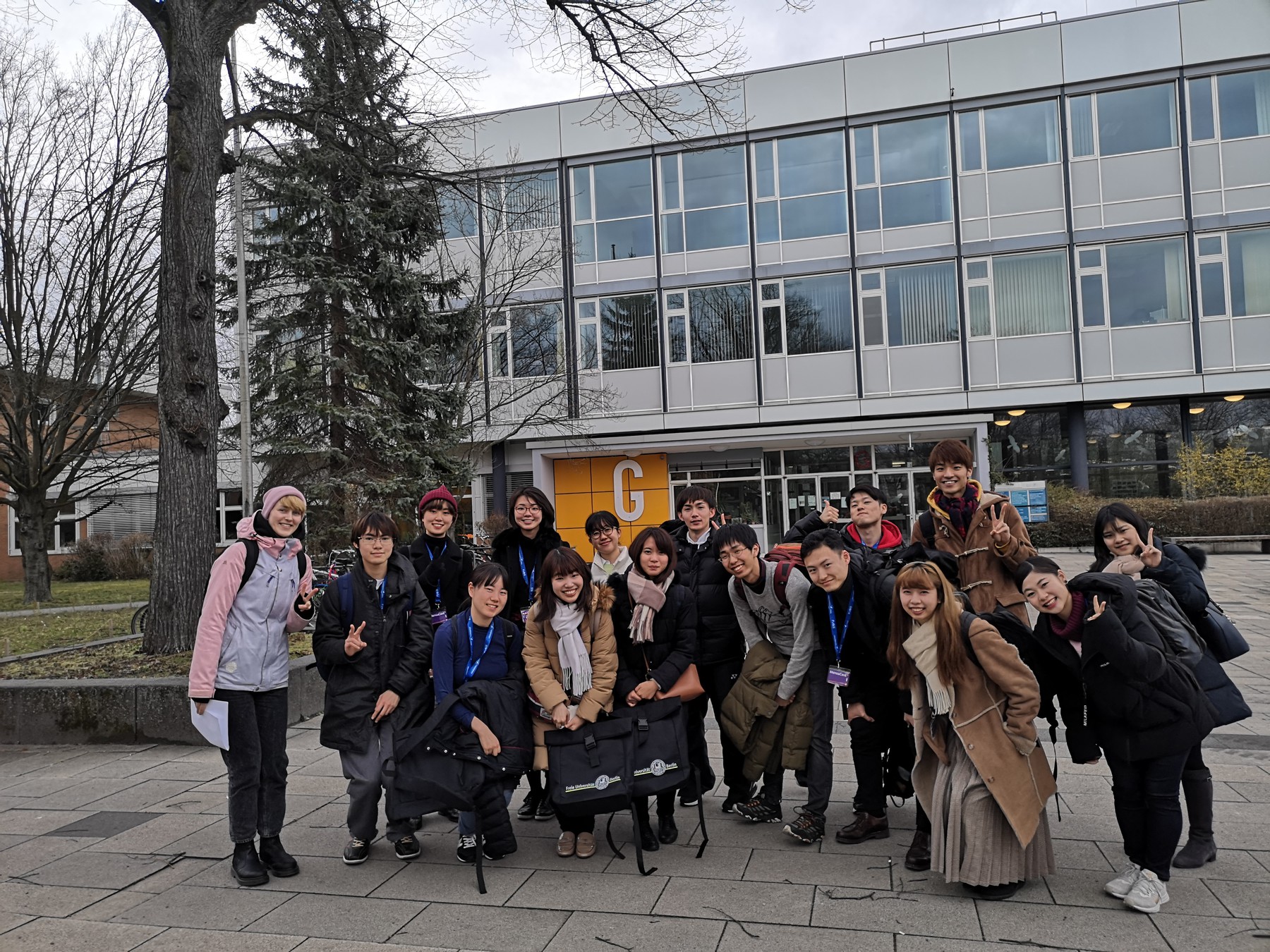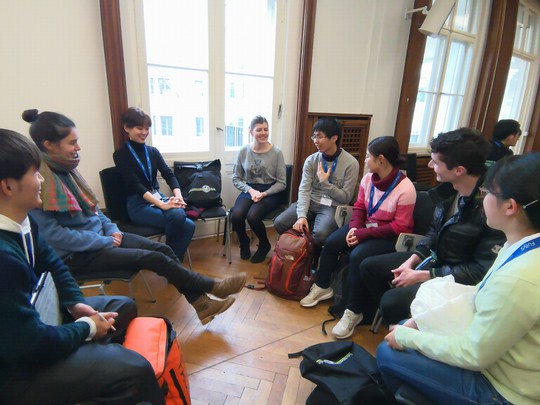
Report: 2020 Free University of Berlin Winter Program Liu Jiani
- Time and Date
- February 22~March 7, 2020
- Venue
- Free University of Berlin (Germany)
- Organized by
- Educational Project S, Integrated Human Sciences Program for Cultural Diversity (IHS), the University of Tokyo
Fruitful Days
February 22, 8:00 a.m. Our group of 18 was getting ready for the Berlin Winter Program under the theme of “Gender and Society”. What is gender? Why does gender matter in society? How does gender relate to a UTokyo student? And most importantly, what can and should a UTokyo student do with such knowledge? Such were the questions that invited us on the 16-hour flight and 14-day journey. March 7, 17:00 p.m. We came back, merrily burdened with fresh memories of the days and nights devoted to seeking our own answers.
The trip turned out a success: All students smoothly completed their group reports. More than success, it was a bliss, filled with beautiful surprises. There were the leanings: Our high moods despite Berlin’s gloomy weather during the whole trip; the diverse, maze-like campuses of the Free University of Berlin, and the delicious Mensa cafeteria; the engaging German language class and enriching German society class; the cross-cultural conversations that bounced on dinner tables; the heated late night discussions until 12 a.m or 1 a.m after a busy day of learning and walking. The highlights of the trip would stay with me: the catharsis of listening to the dignified Philharmonie performance and the amazement attending their exclusive rehearsals; the adventures in museum excursions and the mourning at the Sachsenhausen site; the wursts (sausages) and apfelschorle (apple soda); the endless city roaming; the laughter; the tears; the memories.
TA, Triple-Functioning
As the graduate Teaching Assistant, I learned more from the students, my peer TA Rena and the professors than I helped, for which I owe deep gratitude.
First, overseeing the students’ safety and the execution of logistics. Every morning at school and night back at the hostel, I checked to see if all the students were present and safe. Also while navigating the city, I made sure that the students moved in groups and that contact with each group was smooth. I also had an emergency medical kit just in case. Due to the concerning situation of corona-virus, I was worried about racist hostility. Luckily, our native guide Sophie and the Free University backpack we received seemed to have become our “talismans” and shielded us well. To my great relief, all the outings ended up safe and pleasant.
Second, facilitating students’ conversations, both casual and academic, in and out of class. During all class discussions, I sat with different students’ groups, observing and taking notes. As international exchange was the definitive goal of the program, I participated in the talks more at the presence of Free University Students. When silence fell, I would speak, ask questions, make links or do some summarizing to keep the conversation smoothly going. As a non-native English learner myself, I knew keenly how much courage was needed behind speaking in imperfect English in a group. As the majority of the students showed initiatives to participate and discuss, however, I was also inspired by their openness and persistence to learning.
In off-class hours, in order to know the students better, I casually chatted with every one of them and answered their questions, if any. At the end of the day, I also tried staying up in the hostel’s common lounge area with them to attend their discussions. As Rena and I became more familiar with the students, we decided to make the best of the night hours at hostel to do short, free-form seminars on topics they had showed interests in. During the first week, Rena talked about popular culture and her inspiring Youtube career. On March 3, the second week, I did a sharing session on studying abroad. “Why did Kani-san (as the students called me) choose to come to Japan and UTokyo with your good English?” Beginning with this “mystery” that has sat on many’s mind, I talked about my winded journey of getting here. Then I asked the students a question that set them thinking, “Regardless of financial issues, where would you go for studying abroad and in what major?” Then, hearing and nodding to the colorful answers, we opened the web-page of UTokyo Student Exchange Programs together to see what real opportunities were actually there. It was so empowering to see the students’ faces beamed at finding their “dream schools” on the list of exchange programs -- for I believed they would bring any dream to reality once they have the vision.
Third, I assisted students’ learning by preparing study materials for the German Society class. To our surprise, nearly all students were terribly lost after the first lecture. Starting from the approachable “human right” topic, the professor soon introduced a bundle of concepts like “preemptive strike” and “social constructivism” that, although extremely logical and important, were regretfully a little beyond the students’ grasp. Rena thus started a “word list” Google doc, where the difficult concepts were laid out in bullet points and explanations followed in both English and Japanese. I joined the work too and the students soon found it as a useful study kit. Of the three German Society lectures, I was glad to observe their increasing confidence in expressing themselves. On the end-of-the-class picture with the professor, everyone’s face glowed with achievement and happiness. What makes a good TA in class? I now know it asks for the initiative to perceive and meet students’ learning needs without their asking.
Learn from Elsewhere
“You don’t know the full force of who you are -- and what you have at the moment, a brain, a soul, or a body -- but the school gives you all support for you to explore and decide who you want to become after that. What could be better than that?”
Why did we fly through half the globe to learn gender and society? I found my own answer in the above saying from the German Society class. Undergraduate or graduate, we are all students learning about ourselves and the world, while gender and society are the powerful lens we constantly adjust to gain a better view of the “truth”. Sometimes, we learn from school. But other times, we also need to learn from “elsewhere”, like Berlin, to try on new lens and reveal new selves. So that we know “the recipe of success” of the Nazis to have a Jew leading a group of Jews imprisoned is “the worst crime” for the Jewish people; or the heavy history behind the success of German women nowadays to work shoulder to shoulder with men in workplace instead of birth-bed, etc.
I am grateful for the opportunity from IHS and looking forward to my next academic and self-exploring adventure.
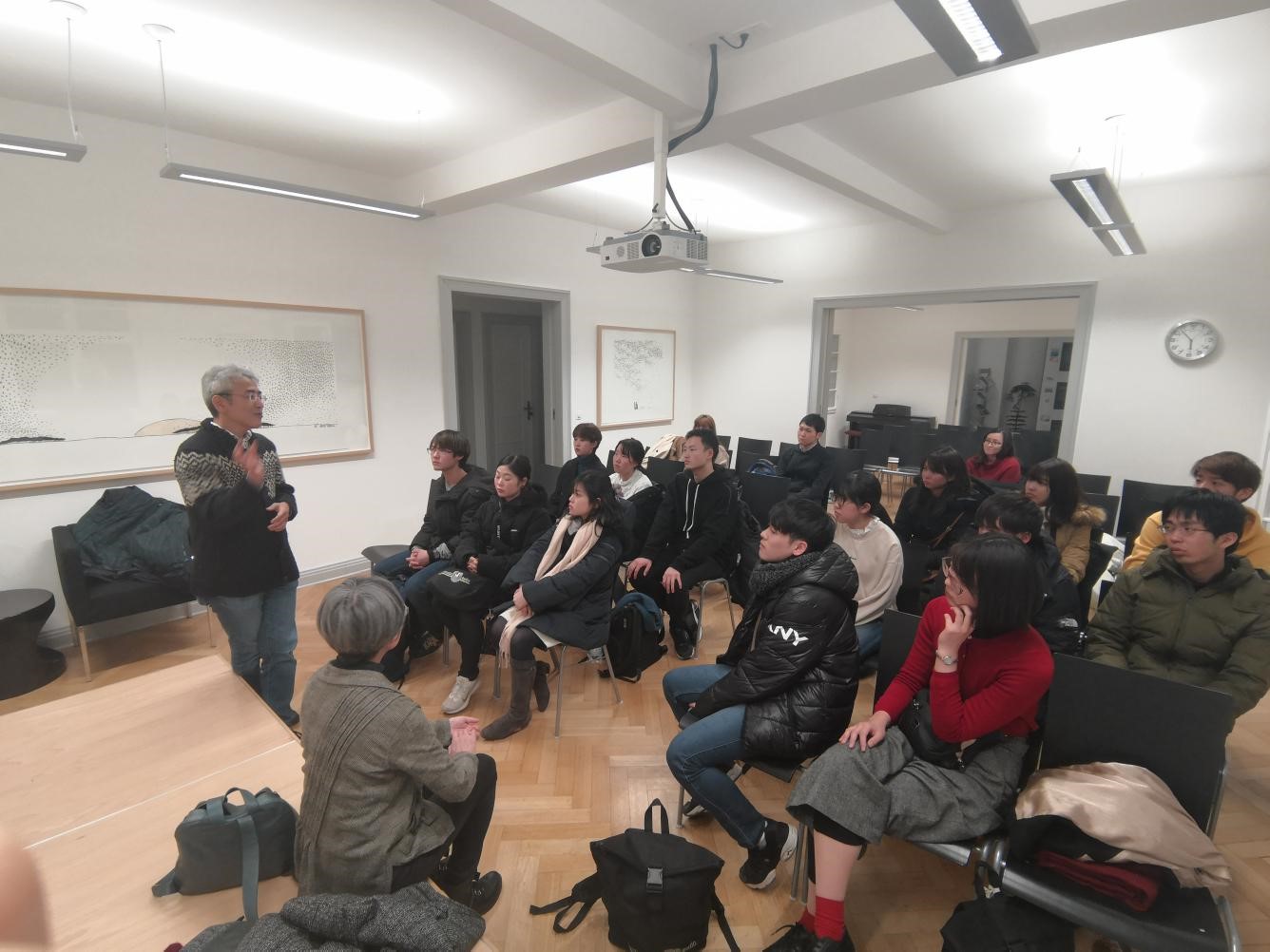
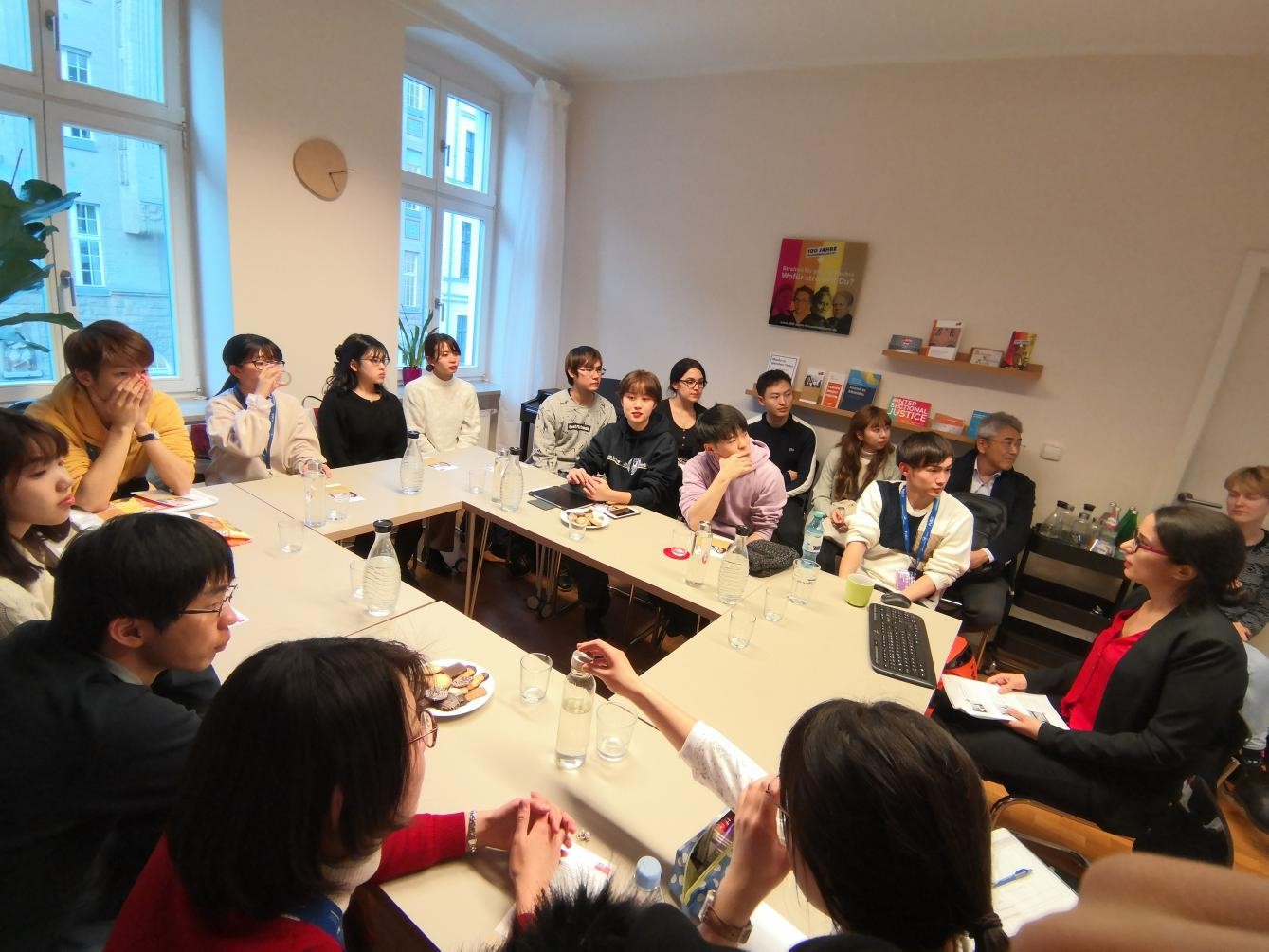
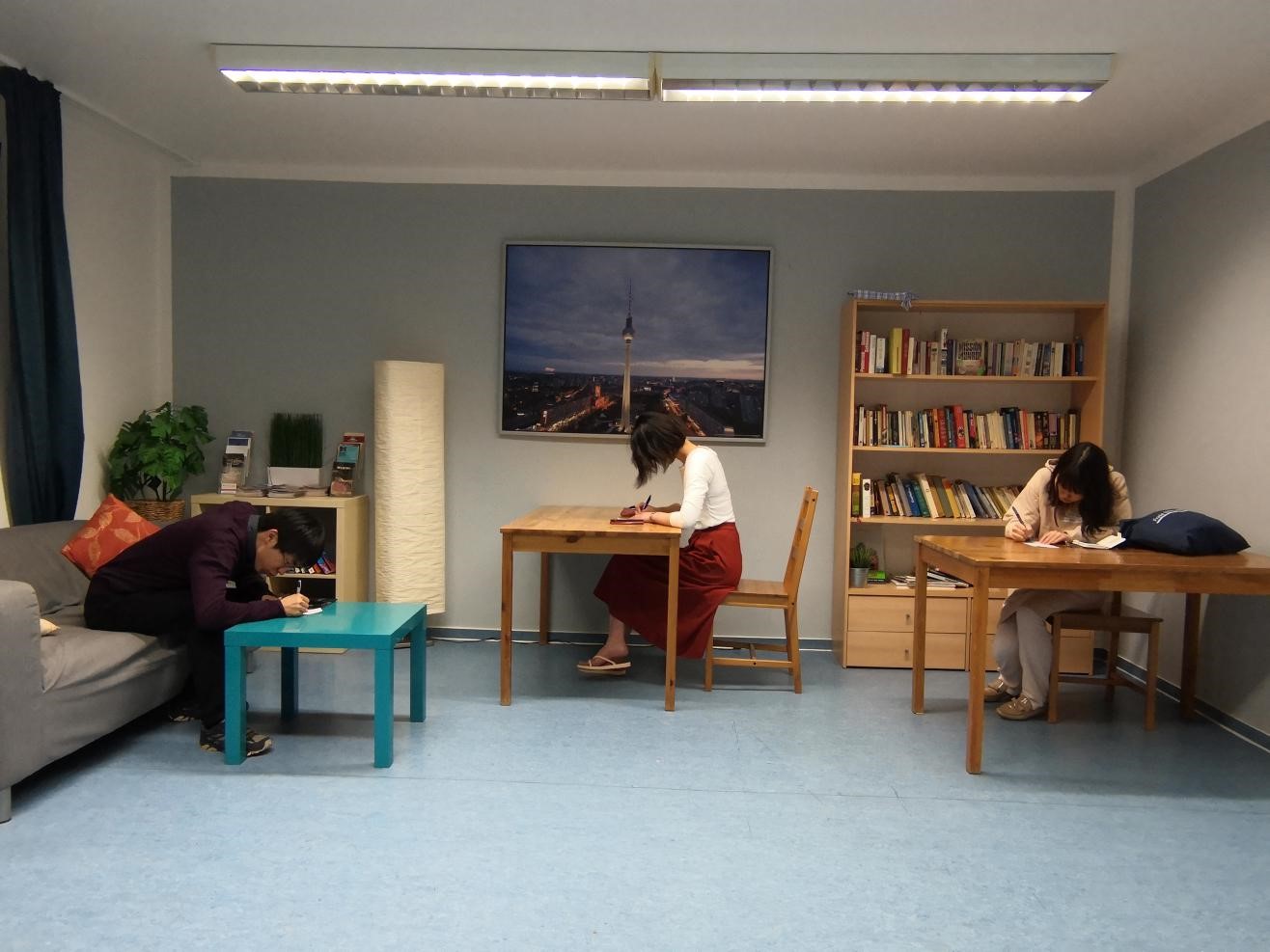
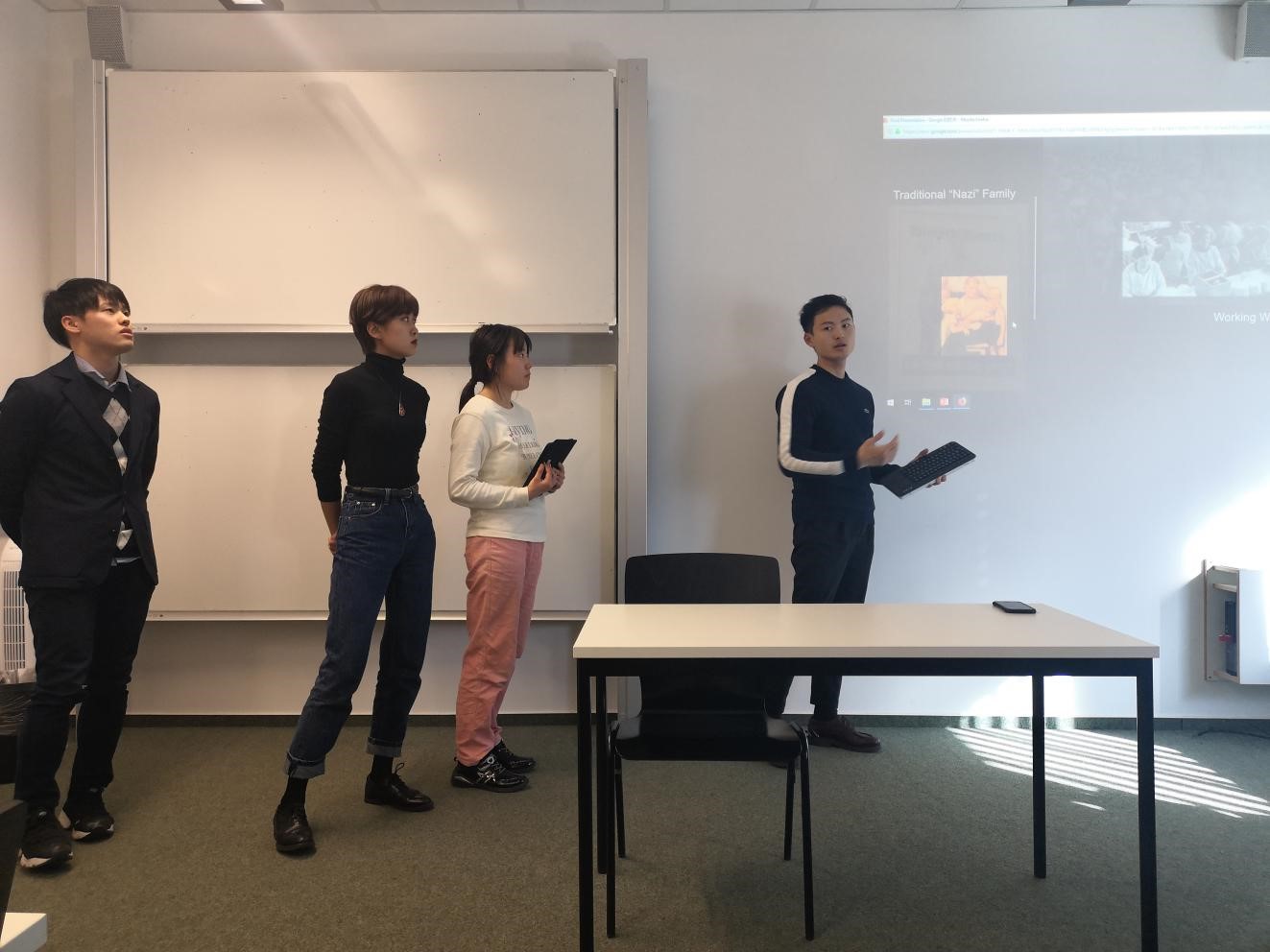
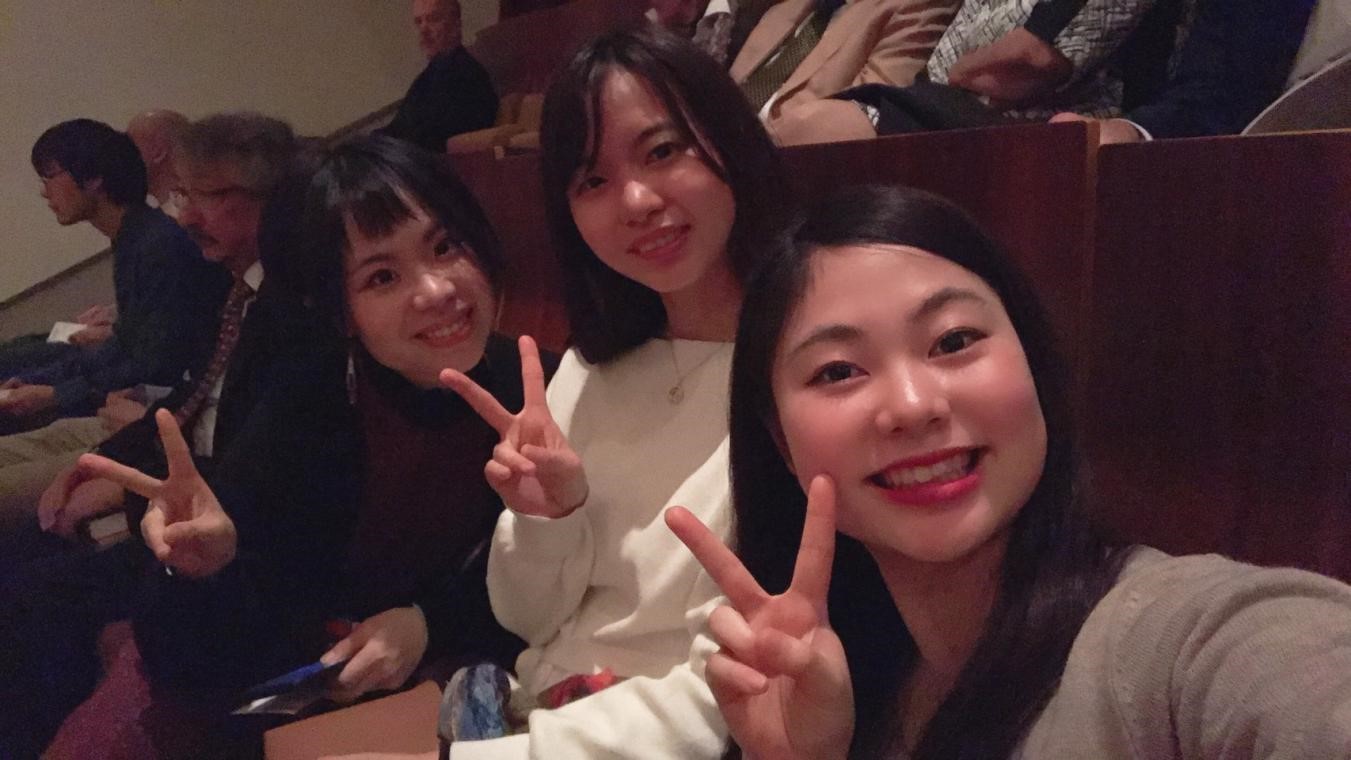
report date : March 22 2020

